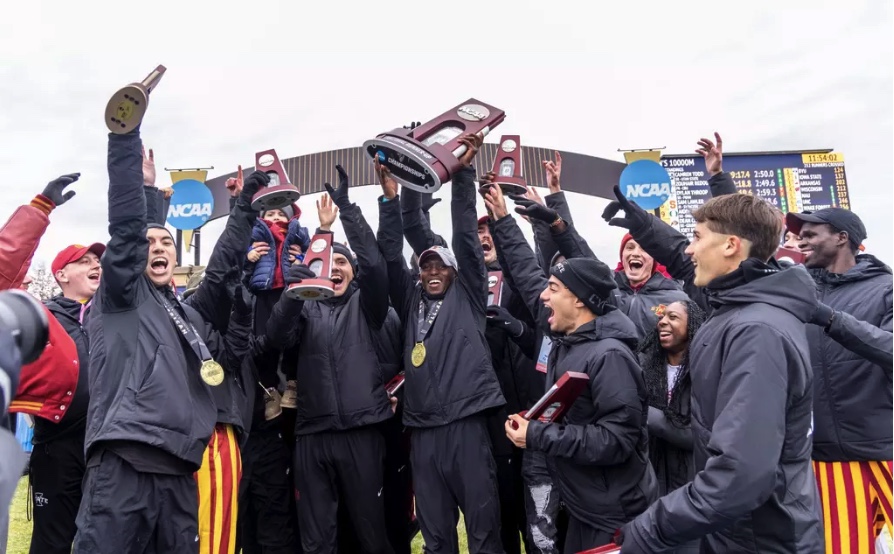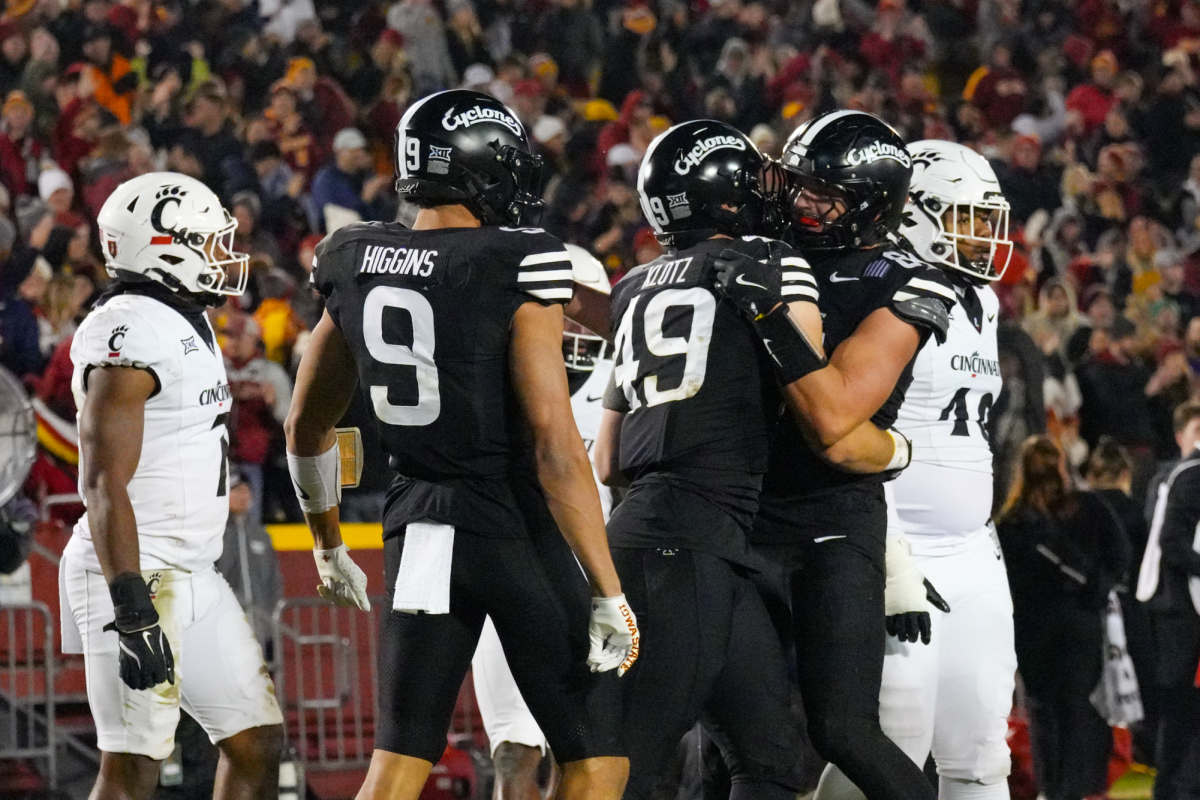Military report details misconduct on Colombia trip
August 3, 2012
WASHINGTON — Twelve U.S. service members brought prostitutes to their hotel rooms in Colombia prior to an April visit by President Barack Obama, according to a U.S. Southern Command report detailing parts of the investigation into alleged misconduct by military members of the security team for the trip.
Partial details of the report were released Friday by the command, which took the lead in the investigation. The report shows, for the first time, what the service members did while in Cartagena, Colombia.
One service member brought an overnight guest to his room during the first week of April, while the 11 others brought female guests to their rooms on April 11 and the morning of April 12, according to the report.
While some of the service members had been together prior to returning to the hotel on April 11, they made “individual decisions” to bring the women back to the el Caribe Hotel and pay for sex, the report said.
The investigation of military personnel came after nine U.S. Secret Service agents were dismissed for spending time with prostitutes in Cartagena, where they had been sent to prepare for the president’s trip.
CNN reported last month that seven U.S. Army soldiers and two Marines have been notified they will receive what the military calls “non-judicial punishment” for the misconduct. One member of the Air Force received a lesser letter of reprimand. The military is still investigating the role of two U.S. Navy personnel involved in the scandal.
The nine service members were charged with violations of the Uniform Code of Military Justice. The U.S. Southern Command decided the charges warranted a non-judicial punishment rather than court-martial.
The report said that the activity by the military members did not create a security risk.
“U.S. military members’ interaction with the third country national females did not present a risk to the operational mission or to U.S. national security,” the report said.
Investigators concluded that the women had been fully vetted by Colombian officials and U.S. investigators, who confirmed they were not part of a human trafficking network or affiliated with Colombian guerillas or other terrorist or drug-trafficking groups, according to the report.
The report concluded that a, “combination of unstructured free time, the prevalence of legalized prostitution, and military members’ individual choice to commit misconduct were the primary casual factors leading to the misconduct in question.”






